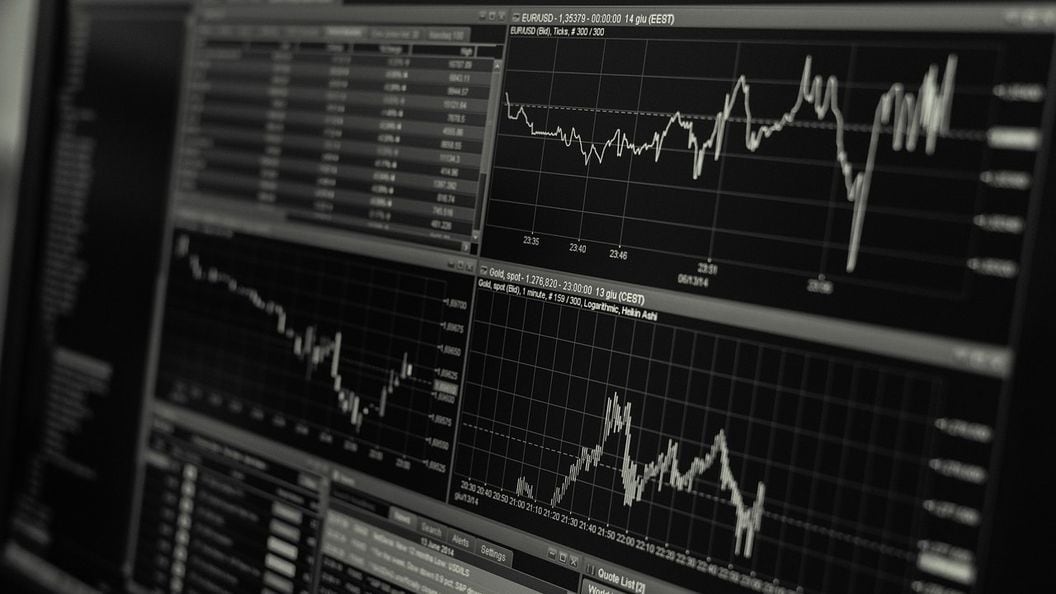The Public Utility Commission of Texas has voted to require cryptocurrency miners to register with regulators due to a surge in Bitcoin's price and associated electricity demand. Miners consuming over 75 MW of electricity must provide annual information on location, ownership, and electricity demand to ensure grid reliability. Failure to register can result in penalties of up to $25,000 per day. The move aims to help manage the grid as crypto mining demand is expected to grow, with ERCOT anticipating 152 GW of new load by 2030, driven by data centers and electrification.
This story was originally published on Utility Dive . To receive daily news and insights, subscribe to our free daily Utility Dive newsletter .
Amid a surge in the price of Bitcoin and associated electricity demand, the Public Utility Commission of Texas on Thursday voted to require cryptocurrency miners to register with regulators.
The rules require mining facilities located within the Electric Reliability Council of Texas footprint that consume more than 75 MW to register with the commission and to provide information annually about the facility’s location, ownership and electricity demand.
Registration is necessary to ensure the electric grid remains reliable, commission Chairman Thomas Gleeson said in a statement. “This is another example of the PUCT and ERCOT adapting to support a rapidly changing industrial landscape,” he said.
ERCOT anticipates about 152 GW of new load by 2030 , driven by data centers and electrification. While crypto is only part of that, observers say miners can help drive increases in reliability risks and electricity prices . Electricity demand from crypto mining in Texas has “ grown rapidly over the last several years ,” the PUCT said.
“The rule approved today will give the PUCT and ERCOT better awareness of virtual currency mining operations around the state, which have unique power consumption characteristics,” the commission said. “The information provided in the registration will help ERCOT manage the grid reliably as more virtual currency mining facilities connect to the grid.”
Failure to register can mean penalties of up to $25,000 penalty per violation, per day, the commission said.
Miners had expressed concerns that registration data will include proprietary and commercially sensitive information, and asked the rule to be amended to explicitly identify the information provided as confidential. The commission declined to make the change, noting the information will be collected via an internal-facing online tool that will not be public.
“Furthermore, the majority of information being collected is already publicly available in various locations. However, neither the commission nor ERCOT will disclose competitively sensitive or proprietary information unless legally required to do so,” the commission said in its order .
The Texas Blockchain Council said it is “appreciative of the thoughtful approach” the commission took, and is “encouraged” by the order’s statement on proprietary information.
“The information that the PUC is requesting is appropriate and far less invasive than what the Federal Government attempted under the Biden Administration earlier this year,” TBC President Lee Bratcher said in an email.
The U.S. Energy Information Administration had planned to begin collecting data from miners in February under an emergency authorization but was sued by TBC, which alleged the expedited survey approval violated the Paperwork Reduction Act and some of the data requested was proprietary. EIA ultimately withdrew its survey and in July said it would take comments on how to move forward with the data collection.
Cryptocurrency mining represents between 0.6% and 2.3% of total U.S. electricity consumption, according to EIA preliminary estimates released in February.
In ERCOT, crypto miners are included in a category called “large flexible loads” and EIA in October said their demand in Texas could total 54 billion kWh in 2025, up almost 60% from expected demand this year. “This expected demand from [large flexible load] customers would represent about 10% of total forecast electricity consumption on the ERCOT grid next year ,” EIA said.
Bitcoin prices have surged to an all-time high of almost $100,000 since the U.S. presidential election. President-elect Donald Trump has floated the idea of a strategic reserve of bitcoin and for more crypto-friendly policies. Sen. Ted Crux, R-Texas, said he wants his state “to be an oasis for Bitcoin.”
“We are seeing many companies come to Texas to create new jobs in the cryptocurrency industry,” Cruz said in a Saturday post on X, sharing an interview clip with Larry Kudlow on FOX Business. “The single biggest threat to Bitcoin, and cryptocurrency generally, is the federal government.”
The recent price increases are people “responding to what is going to be a favorable regulatory environment,” Cruz said.
Recommended Reading





